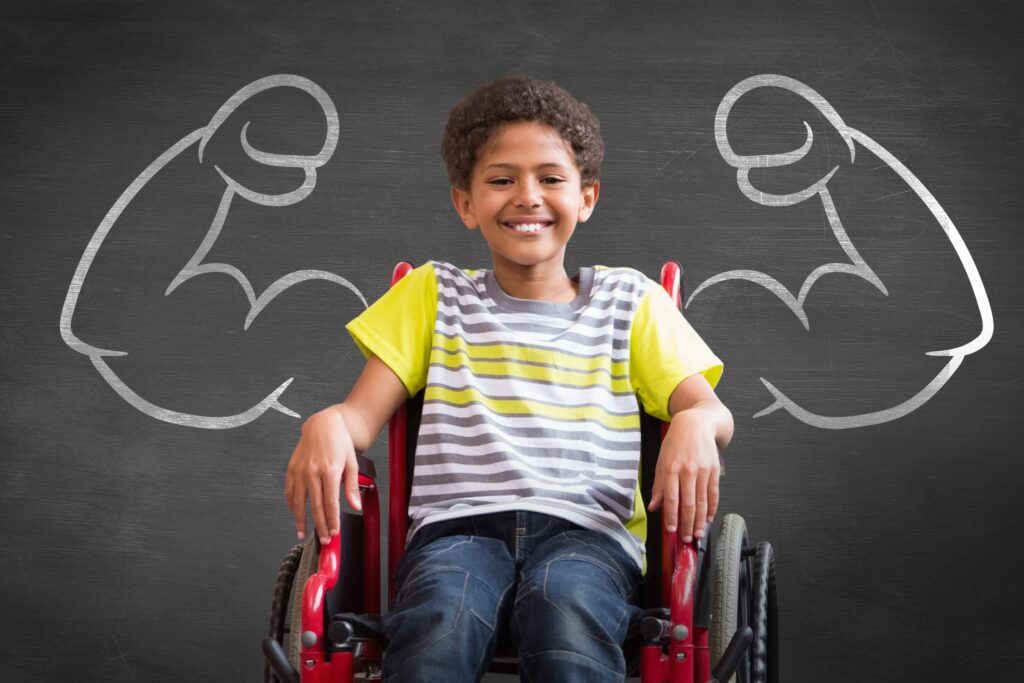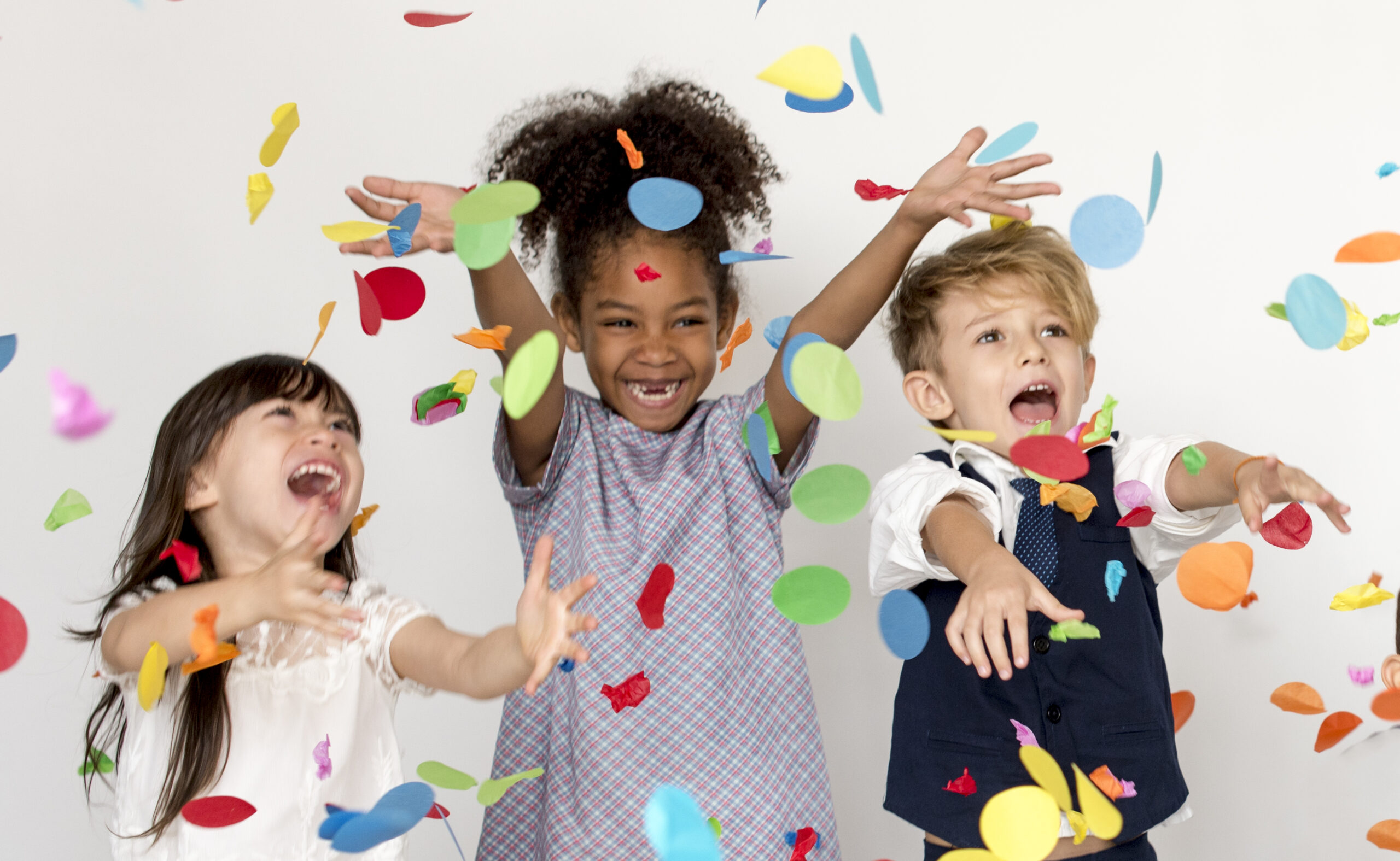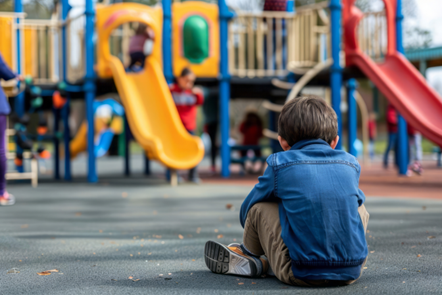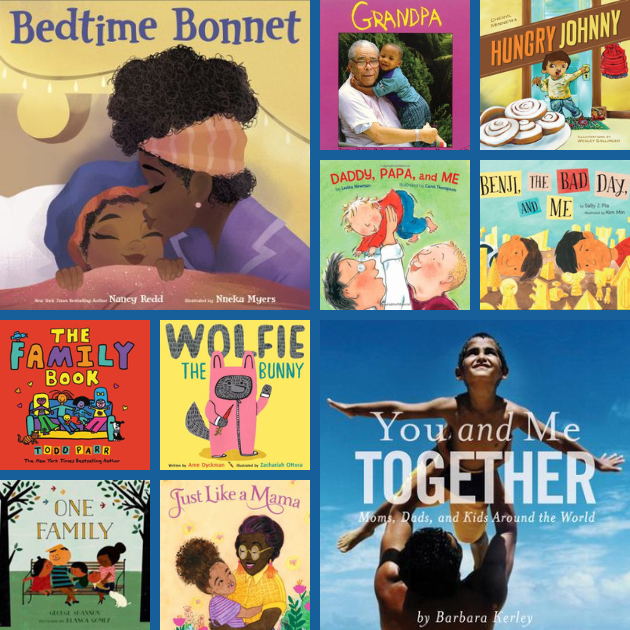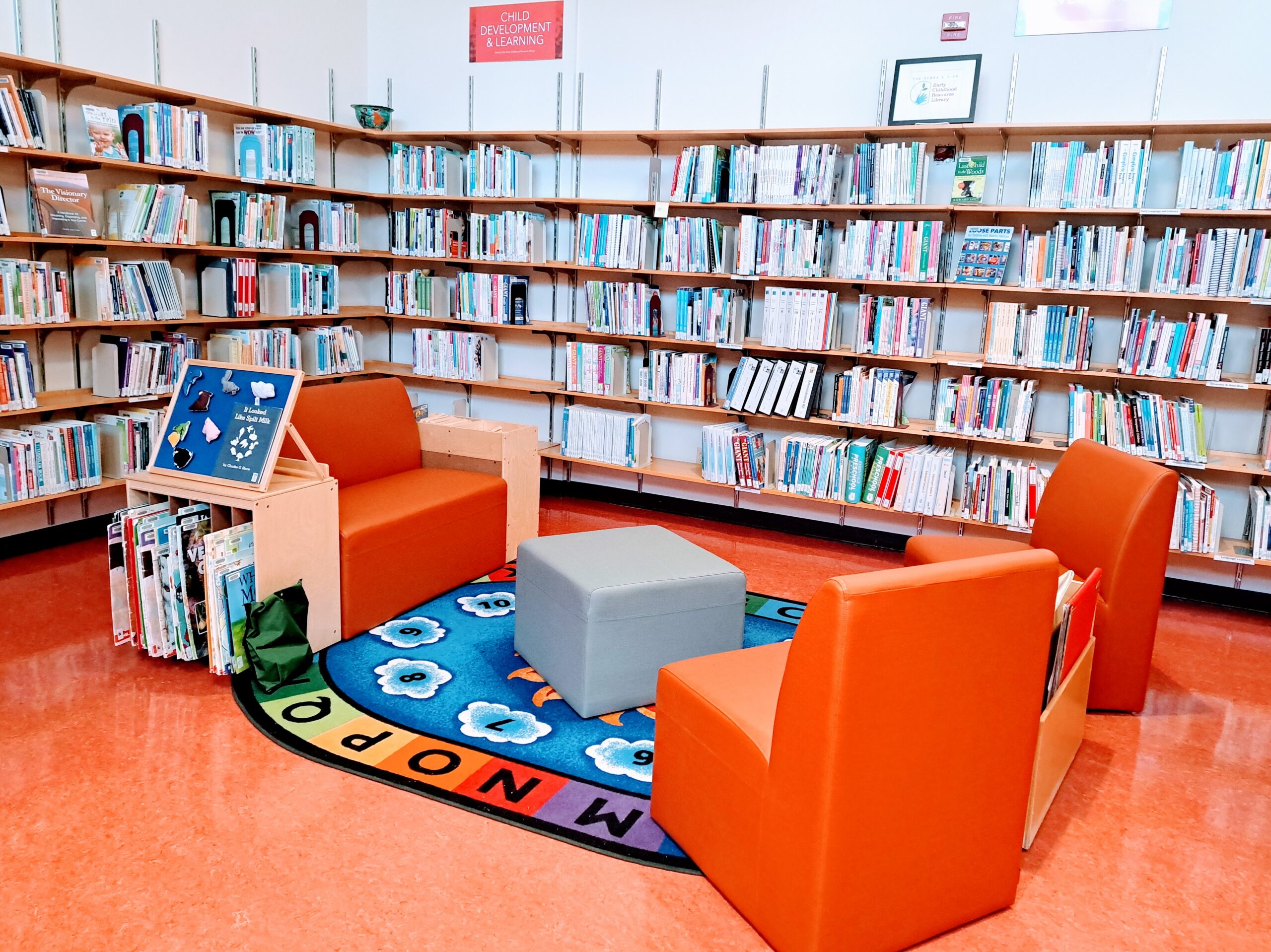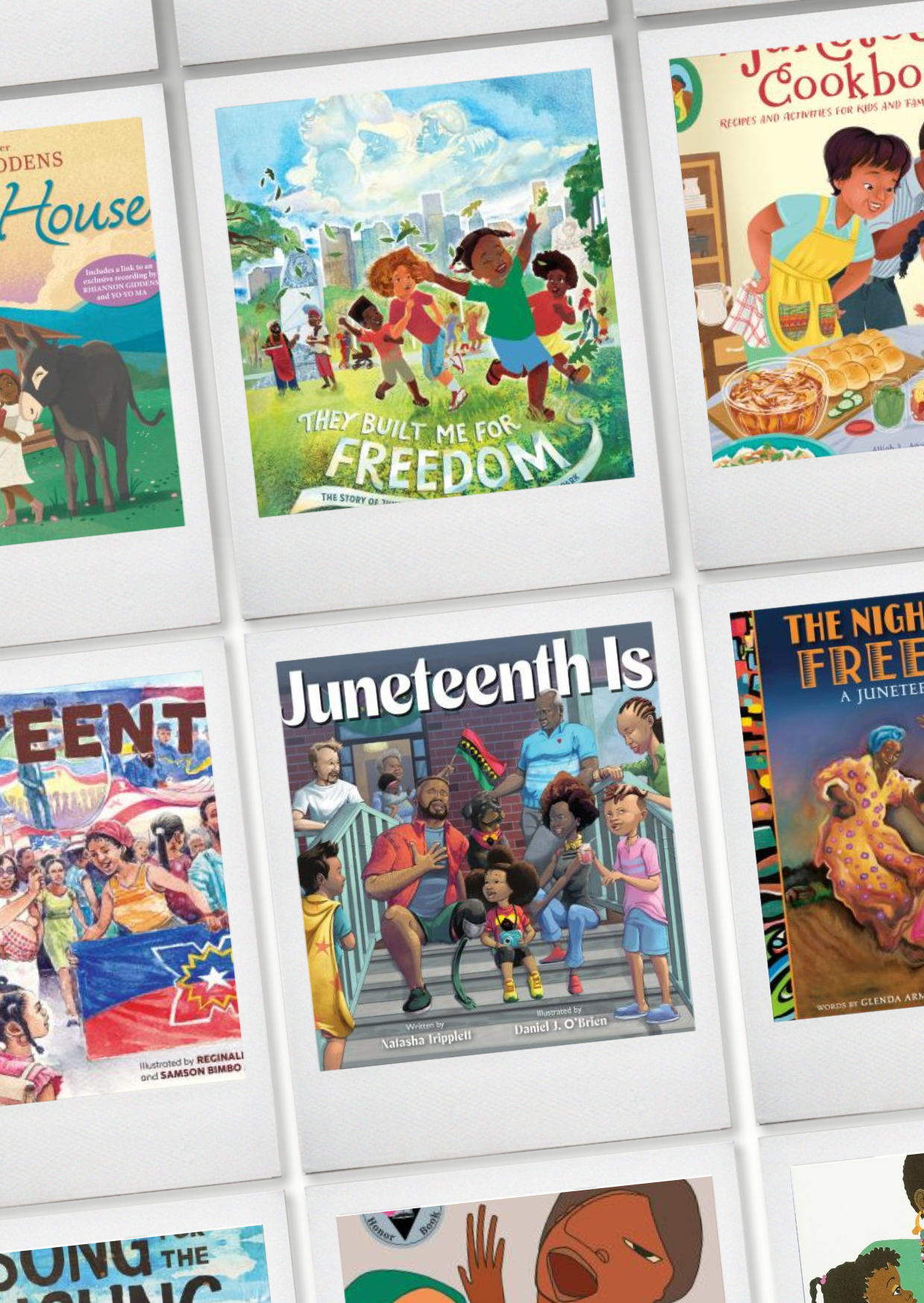Just like abilities, disabilities come in all shapes and sizes: they can be invisible or apparent, physical or intellectual, and they impact people of all ages. After the Americans with Disabilities Act was passed in 1990, July was selected as Disability Pride Month and has been celebrated all over the country for 32 years! Just like all other types of diversity, disabilities offer us the opportunity to appreciate others for their uniqueness and celebrate the things that make us different. Living with Multiple Sclerosis has taught me that while life is unpredictable, some of its richest experiences are the unexpected ones. Check out the resources below to celebrate and honor Disability Pride Month with learners of any age! – Taylor Brill, Leader, Think Small Institute Project Management
All titles are available through the Debra S Fish Early Childhood Resource Library, a branch of the St. Paul Public Library. If you’d like more title recommendations, our librarian would be happy to help! Please contact Jennie at librarian@thinksmall.org
Children’s Titles:
What Happened to You (Age Focus: 3 – 9 years)
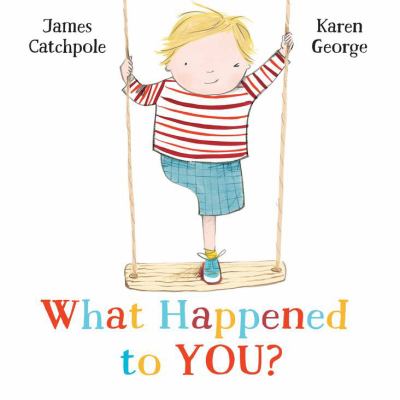
The first ever picture book addressing how a disabled child might want to be spoken to.
What happened to you? Was it a shark? A burglar? A lion? Did it fall off? Every time Joe goes out the questions are the same . . . what happened to his leg? But is this even a question Joe has to answer? A ground-breaking, funny story that helps children understand what it might feel like to be seen as different. From the publisher
Thukpa for All (Age Focus: 4 – 8 years)
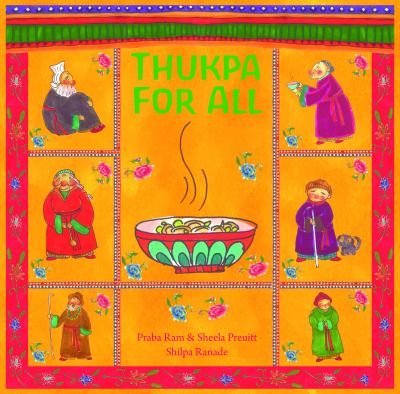
Tsering can’t wait to taste his grandmother’s delicious noodle soup.
He invites a string of friends and neighbours home. But as preparations get underway, there is a power cut and the house is plunged into darkness. Will Abi be able to put together the much-anticipated thukpa? Told from a blind child’s perspective, this tale by Praba Ram and Sheela Preuitt is accompanied by Shilpa Ranade’s stunning illustrations.
Thukpa for All is featured on the IBBY List of Outstanding Books for Young People with Disabilities (2019) and in the Outstanding International Books list (2020) by the United States Board on Books for Young People (USBBY). From the publisher
Henry the Boy (Age Focus: 5 – 7 years)
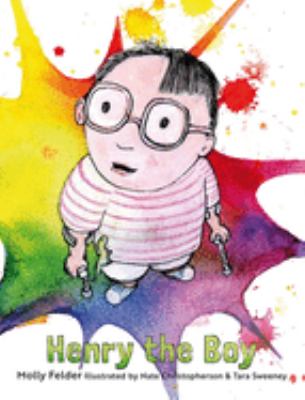
No matter how different we feel, we are all more similar than we at first appear.
This is not a story about a heron or a robot or a chicken but an ordinary boy with daily struggles, triumphs, and an extraordinary imagination. Henry, who has cerebral palsy, uses forearm crutches decorated with animal stickers. He sometimes feels out of place at school, especially when he gets made fun of, but through his own rich imagination and his friendship with Joel, Henry learns to define himself on his own terms. From the publisher
Just Ask (Age Focus: 4 – 8 years)
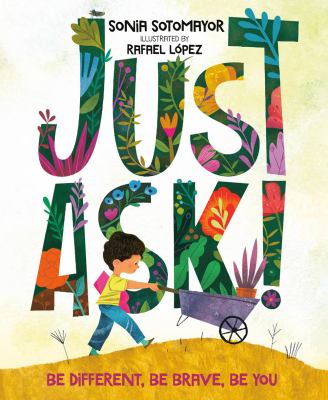
A #1 New York Times bestseller! Winner of the Schneider Family Book Award!
Feeling different, especially as a kid, can be tough. But in the same way that different types of plants and flowers make a garden more beautiful and enjoyable, different types of people make our world more vibrant and wonderful.
In Just Ask, United States Supreme Court Justice Sonia Sotomayor celebrates the different abilities kids (and people of all ages) have. Using her own experience as a child who was diagnosed with diabetes, Justice Sotomayor writes about children with all sorts of challenges–and looks at the special powers those kids have as well. As the kids work together to build a community garden, asking questions of each other along the way, this book encourages readers to do the same: When we come across someone who is different from us but we’re not sure why, all we have to do is Just Ask. From the publisher
I Talk Like a River (Age Focus: 4 – 8 years)
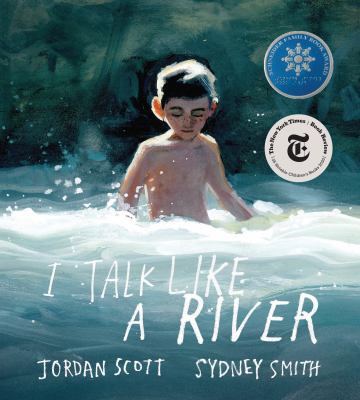
Winner of the Schneider Family Book Award | Boston Globe-Horn Book Award Winner | A New York Times Best Children’s Book of the Year | Finalist for the BC and Yukon Christie Harris Illustrated Children’s Literature Prize | A Charlotte Zolotow Honor Book | An American Library Association Notable Children’s Book | ILA Primary Fiction Honoree | Named a Best Book of the Year by The Wall Street Journal, People Magazine, NPR, Kirkus Reviews, Shelf Awareness, Bookpage, School Library Journal, Publishers Weekly, Publishers Lunch, and more! | A Horn Book Fanfare Best Book of the Year | A Junior Library Guild Gold Standard Selection | A Bank Street Best Childrens Book of the Year! | A Chicago Public Library Best Book of the Year | A CBC Best Picture Book of the Year | A Kids’ Book Choice Award Finalist
What if words got stuck in the back of your mouth whenever you tried to speak? What if they never came out the way you wanted them to?
Sometimes it takes a change of perspective to get the words flowing.
When a boy who stutters feels isolated, alone, and incapable of communicating in the way he’d like, it takes a kindly father and a walk by the river to help him find his voice. Compassionate parents everywhere will instantly recognize a father’s ability to reconnect a child with the world around him.
Poet Jordan Scott writes movingly in this powerful and ultimately uplifting book, based on his own experience, and masterfully illustrated by Greenaway Medalist Sydney Smith. A book for any child who feels lost, lonely, or unable to fit in. From the publisher
Not So Different: What You Really Want to Ask About Having a Disability (Age Focus: 4 – 10 years)
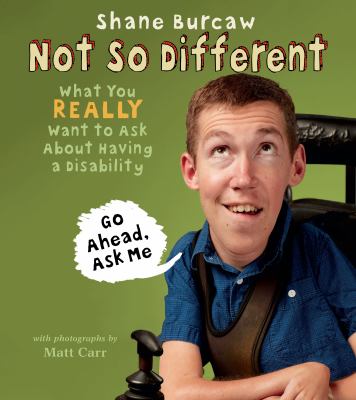
Not So Different offers a humorous, relatable, and refreshingly honest glimpse into Shane Burcaw’s life. Shane tackles many of the mundane and quirky questions that he’s often asked about living with a disability, and shows readers that he’s just as approachable, friendly, and funny as anyone else.
Shane Burcaw was born with a rare disease called spinal muscular atrophy, which hinders his muscles’ growth. As a result, his body hasn’t grown bigger and stronger as he’s gotten older―it’s gotten smaller and weaker instead. This hasn’t stopped him from doing the things he enjoys (like eating pizza and playing sports and video games) with the people he loves, but it does mean that he routinely relies on his friends and family for help with everything from brushing his teeth to rolling over in bed.
Adult’s Titles:
Wired Differently: A Teachers Guide to Understanding Sensory-processing Challenges
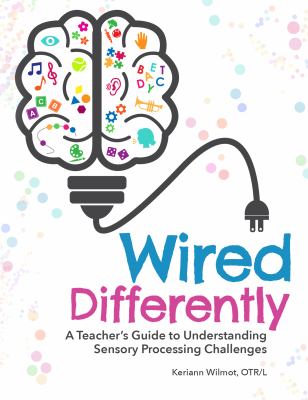
Provides a combination of accessible, easy to understand information about sensory processing challenges and practical, actionable ways to support students. From the publisher
Caring for Young Children with Special Needs
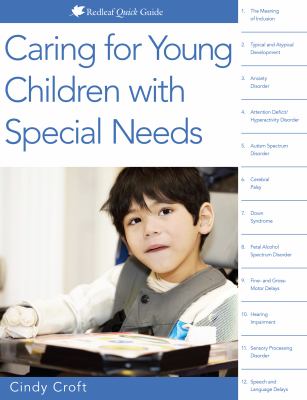
This easy-to-use guide gives you a quick overview on many topics related to working with young children with special needs. Learn about inclusion in early childhood programs and disability law, as well as typical vs. atypical development. The quick guide also covers several specific disabilities/special needs and provides definitions, common characteristics, and practical strategies for adaptation. From the publisher
The Essentials: Supporting Young Children With Disabilities in the Classroom
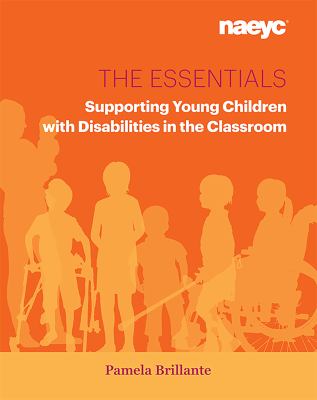
Understanding and implementing inclusion starts here. Educators looking for a simple, straightforward introduction to the core concepts of teaching and supporting children with disabilities alongside their peers will want to have this resource at their fingertips. Every year the number of children with developmental delays or disabilities in early childhood programs and classrooms is increasing. What do you need to know to support them? This guide is filled with practical information that will help educators who work with children ages birth through 8 teach children with disabilities alongside their peers. Learn the essentials of what you need to know. From the publisher
Far From the Tree: Parents, Children and the Search for Identity
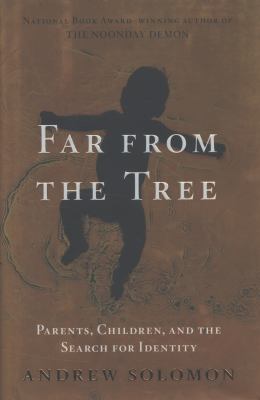
Winner of the National Book Critics Circle Award, a Books for a Better Life Award, and one of The New York Times Book Review’s Ten Best Books of 2012, this book features stories of parents who not only learn to deal with their exceptional children, but also find profound meaning in doing so.
Solomon’s proposition in Far from the Tree is that being exceptional is at the core of the human condition—that difference is what unites us. He writes about families coping with deafness, dwarfism, Down syndrome, autism, schizophrenia, or multiple severe disabilities; with children who are prodigies, who are conceived in rape, who become criminals, who are transgender. While each of these characteristics is potentially isolating, the experience of difference within families is universal, and Solomon documents triumphs of love over prejudice in every chapter.
All parenting turns on a crucial question: to what extent should parents accept their children for who they are, and to what extent they should help them become their best selves. Drawing on ten years of research and interviews with more than three hundred families, Solomon mines the eloquence of ordinary people facing extreme challenges. From the publisher
A Young Adult edition is available here as well as a documentary here.
Neurotribes: the Legacy of Autism and the Future of Neurodiversity
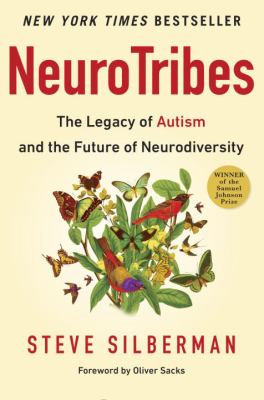
A groundbreaking book that upends conventional thinking about autism and suggests a broader model for acceptance, understanding, and full participation in society for people who think differently. What is autism: a devastating developmental disorder, a lifelong disability, or a naturally occurring form of cognitive difference akin to certain forms of genius? In truth, it is all of these things and more–and the future of our society depends on our understanding it. WIRED reporter Steve Silberman unearths the secret history of autism, long suppressed by the same clinicians who became famous for discovering it, and finds surprising answers to the crucial question of why the number of diagnoses has soared in recent years. Going back to the earliest days of autism research and chronicling the brave and lonely journey of autistic people and their families through the decades, Silberman provides long-sought solutions to the autism puzzle, while mapping out a path for our society toward a more humane world in which people with learning differences and those who love them have access to the resources they need to live happier, healthier, more secure, and more meaningful lives. Along the way, he reveals the untold story of Hans Asperger, the father of Asperger’s syndrome, whose “little professors” were targeted by the darkest social-engineering experiment in human history; exposes the covert campaign by child psychiatrist Leo Kanner to suppress knowledge of the autism spectrum for fifty years; and casts light on the growing movement of “neurodiversity” activists seeking respect, support, technological innovation, accommodations in the workplace and in education, and the right to self-determination for those with cognitive differences. From the publisher
Online Resources:
Education | Minnesota Council On Disability (state.mn.us): This link takes you directly to the Education section of resources, however you can easily check out the rest of the page for more disability resources in Minnesota.
Resource library for childcare professionals with info modules, tip sheets, documents | Center for inclusive child care: Materials and assistance for childcare professionals, and those they serve, including info modules, tip sheets, documents, helpful URLs, and self-study courses.
Disabilities | NAEYC: A collection of articles on various topics related to disabilities and early childhood
The 50 Best Books on Special Education – Early Childhood Education: A resource for parents, educators, and children.
Disability Terminiology Chart (ca.gov): When referring to people with disabilities, choose words that reflect dignity and respect. Use language that describes the person’s disability without defining the individual as his or her disability. This list of examples was developed by the Judical Branch of California.
What’s The Politically Correct Term for Disabled Person? (With Gifs) (meriahnichols.com): Counselor and author at Unpacking Disability, Meriah Nichols is a solo mother to 3 children, including one with Down syndrome and one on the spectrum. Meriah herself is deaf and neurodiverse. In this approachable post, she discusses the nuances of appropriate language when talking to or about people with disabilities.
Understanding Disability Pride Month (verywellmind.com) Shares the history, meaning, and importance of Disability Pride Month
